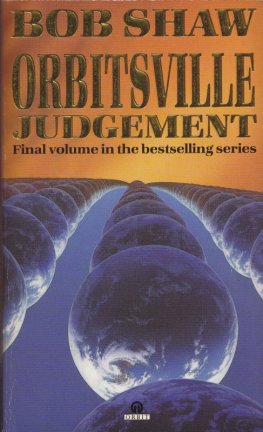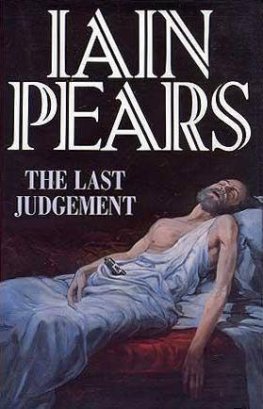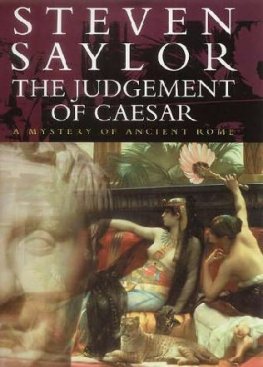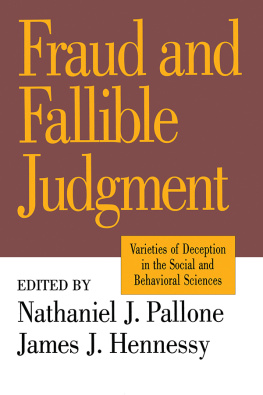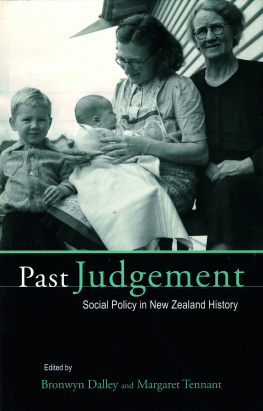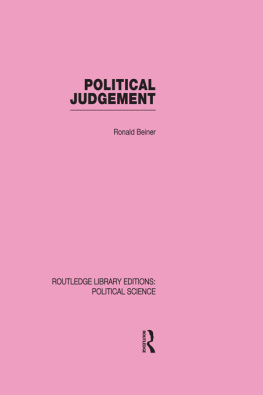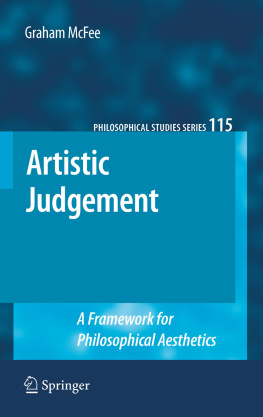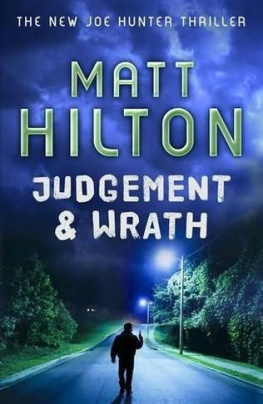Leo Perutz - The Master of the Day of Judgement
Here you can read online Leo Perutz - The Master of the Day of Judgement full text of the book (entire story) in english for free. Download pdf and epub, get meaning, cover and reviews about this ebook. year: 1994, publisher: Harvill P., genre: Detective and thriller. Description of the work, (preface) as well as reviews are available. Best literature library LitArk.com created for fans of good reading and offers a wide selection of genres:
Romance novel
Science fiction
Adventure
Detective
Science
History
Home and family
Prose
Art
Politics
Computer
Non-fiction
Religion
Business
Children
Humor
Choose a favorite category and find really read worthwhile books. Enjoy immersion in the world of imagination, feel the emotions of the characters or learn something new for yourself, make an fascinating discovery.

- Book:The Master of the Day of Judgement
- Author:
- Publisher:Harvill P.
- Genre:
- Year:1994
- Rating:3 / 5
- Favourites:Add to favourites
- Your mark:
- 60
- 1
- 2
- 3
- 4
- 5
The Master of the Day of Judgement: summary, description and annotation
We offer to read an annotation, description, summary or preface (depends on what the author of the book "The Master of the Day of Judgement" wrote himself). If you haven't found the necessary information about the book — write in the comments, we will try to find it.
The Master of the Day of Judgement — read online for free the complete book (whole text) full work
Below is the text of the book, divided by pages. System saving the place of the last page read, allows you to conveniently read the book "The Master of the Day of Judgement" online for free, without having to search again every time where you left off. Put a bookmark, and you can go to the page where you finished reading at any time.
Font size:
Interval:
Bookmark:

MASTER OF THE DAY OF JUDGMENT
Leo Perutz
Translated from the German by Eric Mosbacher
Copyright 1975 by Paul Zsolnay Verlag GmbH Translation copyright 1994 by HarperCollins Publishers and Arcade Publishing, Inc.
Foreword instead of a Postscript
I have finished the job, I have told the whole story, described in detail the whole sequence of tragic events with which I was so strangely associated in the autumn of 1909. I have told the whole truth, omitted nothing, suppressed nothing why should I? I have nothing to hide.
I found while writing that my memory had distinctly and vividly preserved a mass of detail much of it quite trivial scraps of conversation, ideas that passed through my mind, minor events of the day. In spite of this an entirely false idea developed in my mind about the length of time involved. I still have the impression that it was several weeks. But that is wrong. I still know the exact date on which Dr Gorski took me to the Bischoff villa to play in a quartet. It was 26 September 1909, a Sunday. In my mind's eye I can still see everything that happened on that day. In the post that morning there had been a letter from Norway, and I tried to make out the postmark, thinking of the girl student who had sat next to me at dinner during the trip across the Stavanger fjord. She had promised to write, but when I opened the envelope it only contained the prospectus of a winter-sports hotel on the Hardanger glacier. A disappointment.
Later I went to the fencing club. On the way, in the Florianigasse I was caught in a sudden heavy shower. I sheltered in a doorway, and discovered a stone baroque fountain in an old garden that had run wild. An old lady spoke to me and asked whether a charwoman named Kreutzer didn't live there. I still remember all that as if it were yesterday. Then the rain stopped and the fine weather returned. I remember 26 September 1909 as a day with warm wind and a cloudless sky.
I lunched in a garden restaurant with two officers of my regiment. I didn't read the morning papers till the afternoon. They contained articles on the Balkan question and the policy of the Young Turks it's extraordinary how distinctly I remember all that. There was a leader on the King of England's tour, and another on the plans of the Sultan of Turkey. The first few lines were preceded by "Abdul Hamid's Waiting Game" in bold type. The "news of the day" sections gave details of the careers of Shefket Pasha and Niazi Bey who remembers those names today? Overnight there had been a big fire at the Northwest station. "Huge stocks of timber destroyed", the headlines proclaimed. An academic society announced a performance of Bchner's Danton, the Gtterdmmerung was on at the Opera, with a guest singer from Breslau as Hgen. Pictures by Jan Toorop and Lovis Corinth were being exhibited at the Kunstschau, and the whole town flocked there to gaze at them in amazement. Somewhere or other, in St Petersburg, I think, workers were rioting and striking, a church had been broken into at Salzburg, and there had been rowdy scenes in the Consulta in Rome. There was also a brief item in small type about the failure of the Bergstein bank. To me this came as no surprise, I had seen it coming and I withdrew my money in good time. But I couldn't help thinking about an acquaintance of mine, the actor Eugen Bischoff, who had also entrusted his funds to that bank. I should have warned him, I said to myself. But would he have believed me? He always regarded me as a retailer of false information. Why meddle in other people's affairs? I also remembered a conversation I had had a few days before with the director of the court theatre, in which Eugen Bischoff's name had cropped up. "He's getting old, unfortunately, I can't help him," the director had said, and had added some remarks about the pressure of the rising generation. If my impression was correct, there was little hope of Eugen Bischoff's contract being renewed, and now on top of that there was the disaster of the collapse of Bergstein and Co.
The twenty-sixth of September 1909 stands out so clearly in my mind that I still remember every detail distinctly. It all makes it the more inexplicable that I should have shifted to the middle of October the date on which the three of us went to the house in the Dominikanerbastei. Perhaps it was the memory of withered chestnut leaves on the garden paths, the ripe grapes being offered for sale at the street corners and the first autumn frosts, the whole complex of unconscious memories that are somehow associated with that day, that led me astray. That may well have been the case. In fact 30 September was the vital day. I established that with the aid of notes from the time that are still in my possession.
Thus the whole sinister and tragic business lasted five days only, from 26 to 30 September. The dramatic hunt for the culprit, the pursuit of an invisible enemy who was not of flesh and blood but a fearsome ghost from past centuries lasted for just five days. We found a trail of blood and followed it. A gateway to the past quietly opened. None of us suspected where it led, and it seems to me today that we groped painfully step by step down a long dark passage at the end of which a monster was waiting for us with upraised cudgel. The cudgel came down twice, three times, the last blow was meant for me, and I should have been done for and shared Eugen Bischoff's and Solgrub's dreadful fate had I not been snatched back to life in the nick of time.
How many victims may this bloodthirsty monster have found on his way through the thorn bushes of the centuries, in the course of his wanderings through different ages and different countries? I now look at many past destinies with different eyes. On the inside cover of the book I found a half- vanished signature among the names of previous owners. Have I deciphered it correctly? Could Heinrich von Kleist ... ? No, there's no point in searching and guessing and invoking the names of the great and famous dead. They are shrouded in mist. The past remains silent, and no answer will ever come out of the darkness.
And it's not over yet, no, it's still there, visions still rise from the depths and force themselves upon me, at night and in broad daylight though now, thank heaven, they are only pale and shadowy, insubstantial phantoms. The nerve in my brain has gone to sleep, but the sleep is still not deep enough. Sometimes sheer terror seizes me and sends me to the window, feeling that the dreadful waves of that terrible light must be rushing across the sky, and I cannot grasp the fact that overhead there's the sun, concealed in silvery mist or surrounded by purple clouds or alone in the endless blue and round me wherever I look are the old, familiar colours, those of the terrestrial world. Since that day I have never again seen that fearful trumpet red. But the shadows are there and keep coming back, they surround me, make as if to clutch me will they never disappear from my life?
Perhaps. Perhaps the persecution is over. Perhaps I have got rid of the nightmare once and for all by writing it down. I have put my story, a pile of loose sheets of paper, behind me and said goodbye to it. What have I got to do with it now? I put it aside, as if someone else had been through all that or invented it, as if it had been written by someone else, not me.
There was also something else that prompted me to commit to paper everything that I wanted to forget and cannot.
Shortly before his death Solgrub destroyed a sheet of parchment that was covered with writing. He destroyed it to prevent anyone else from falling victim to that fearful error. But is it certain that that sheet of parchment was the only one of its kind? Is it not possible that in some forgotten corner of the world another copy of the Florentine organist's story may exist yellowed with age, crumbling into dust, nibbled by rats, buried under piles of rubbish in a junk shop or hidden behind the tomes in an old library, or among the carpets, khanjars, and Koran covers on the floor of a bazaar in Erzingian, Diarbekir or Jaipur may it be lying in wait there, ready for resurrection and lusting after new prey?
Next pageFont size:
Interval:
Bookmark:
Similar books «The Master of the Day of Judgement»
Look at similar books to The Master of the Day of Judgement. We have selected literature similar in name and meaning in the hope of providing readers with more options to find new, interesting, not yet read works.
Discussion, reviews of the book The Master of the Day of Judgement and just readers' own opinions. Leave your comments, write what you think about the work, its meaning or the main characters. Specify what exactly you liked and what you didn't like, and why you think so.

